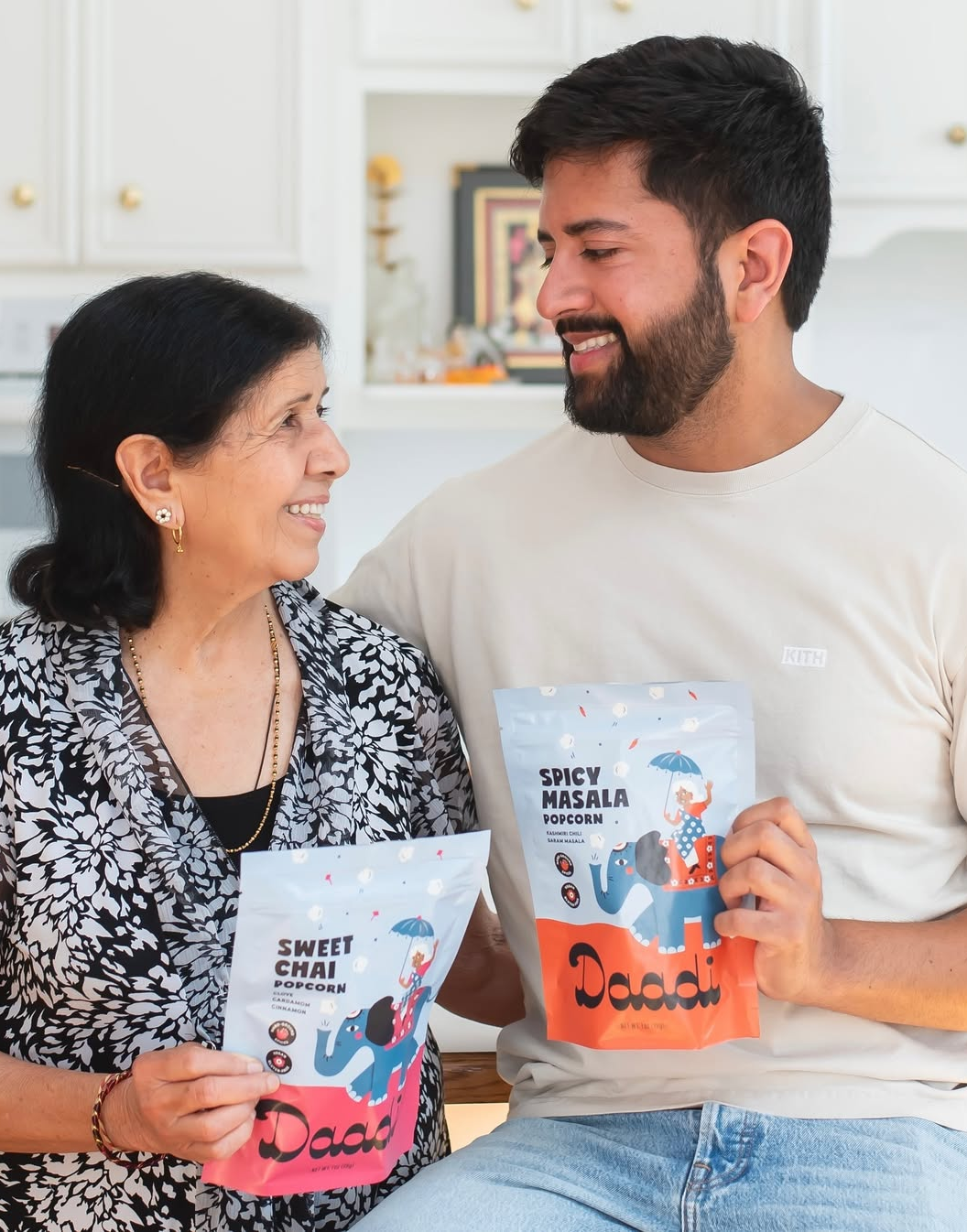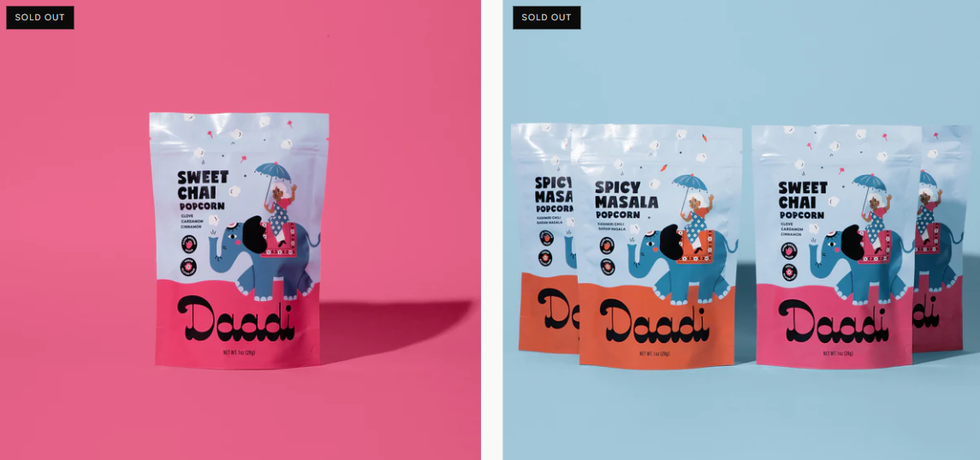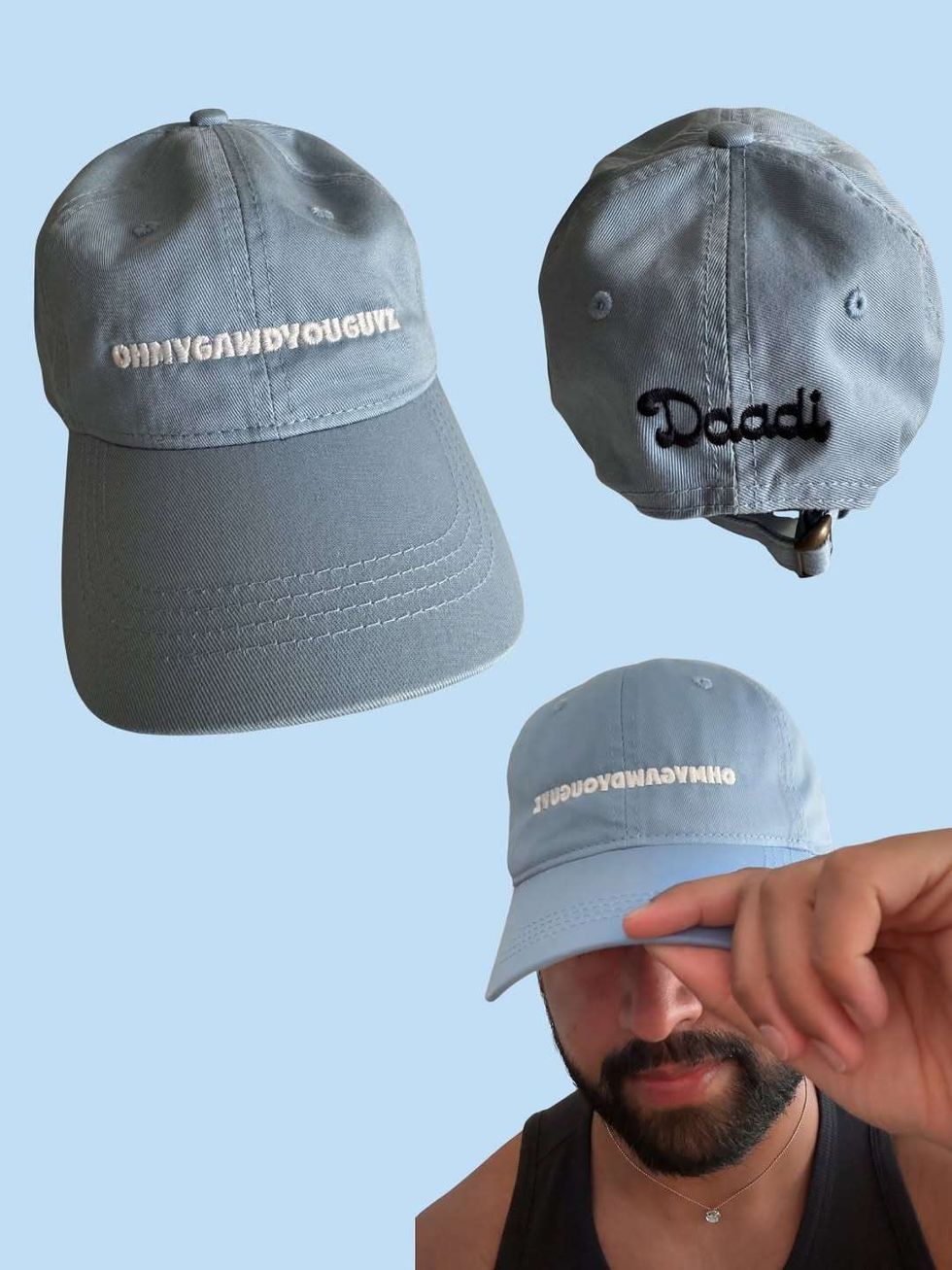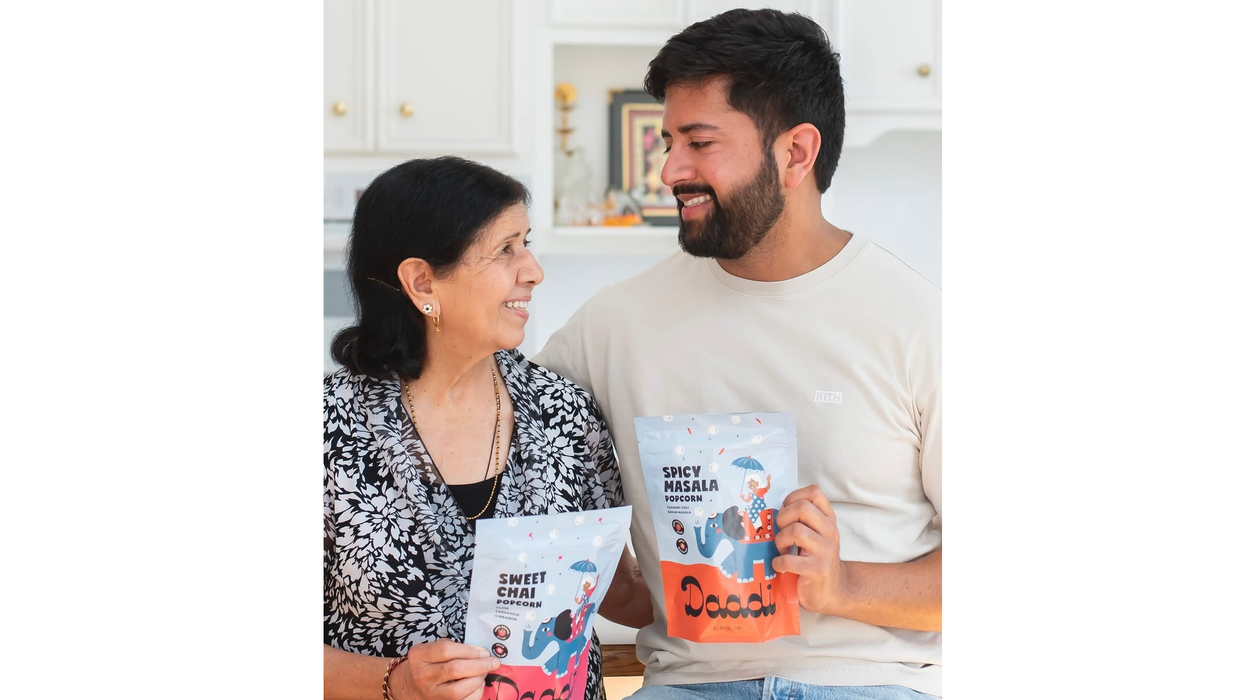Highlights:
- Jay's grandma’s popcorn from Gujarat is now selling out everywhere.
- Ditched the influencer route and began posting hilarious videos online.
- Available in Sweet Chai and Spicy Masala, all vegan and gluten-free
Jay spent 18 months on a list. Thousands of names. Influencers with follower counts that looked like phone numbers. He was going to launch his grandmother's popcorn the right way: send free bags, wait for posts, pray for traction. That's the playbook, right? That's what you do when you're a nobody selling something nobody asked for.
Then one interaction made him snap. The entitlement. The self-importance. The way some food blogger treated his family's recipe like a favour they were doing him. He looked at his spreadsheet. Closed it. Picked up his phone and decided to burn it all down.
Now he makes videos mocking the same people he was going to beg for help. Influencers weeping over the wrong luxury car. Creators demanding payment for chewing food on camera. Someone having a breakdown about ice cubes. And guess what? The internet ate it up. His popcorn keeps selling out. And from Gujarat, his grandmother's 60-year-old recipe is now moving units because her grandson got mad enough to be funny about it.

The kitchen story
Daadi means grandmother in Hindi. Jay's daadi came to America from Gujarat decades ago. Every weekend, she made popcorn with the spices she grew up with, including cardamom, cinnamon, and chilli mixes. It was her way of keeping home close while living somewhere that didn't taste like it.
Jay wanted that in stores. Wanted brown faces in the snack aisle. It didn’t happen overnight. It took a couple of years to get from a family recipe to something they could actually sell. Everyone pitched in, including his grandmom, uncle, mum. The spices come from small local farmers. There are just two flavours for now, Sweet Chai and Spicy Masala. It’s all vegan and gluten-free, packed in bright bags that instantly feel South Asian.
How it actually works
The videos don't look like marketing. They look like someone venting at 11 PM after scrolling too long. He nails the nasal influencer voice. The fake sympathy. “I can’t believe this,” he says in that exaggerated influencer tone, “they gave me the cheaper car, only eighty grand instead of one-twenty.” That clip alone blew up, pulling in close to nine million views.
Most people don't know they're watching a snack brand. They think it's social commentary. Jay never calls himself an influencer. He says he’s a creator, period. There’s a difference, and he makes sure people know it. His TikTok has around three hundred thousand followers, Instagram about half that. The comments read like a sigh of relief, people fed up with fake polish, finally hearing someone say what everyone else was thinking.
This fits into something called deinfluencing; people pushing back against the buy-everything-trust-nobody cycle. But Jay's version has teeth. He's naming names, calling out the economics. Big venture money flows to chains with good lighting. Family businesses with actual stories get ignored because their content isn't slick enough.
What he's actually fighting
Jay watched his New York neighbourhood change. Chains moved in. Influencers posted about places that had funding and were aesthetic. The old spots, the family ones, got left behind. His videos are about that gap. The erosion of local culture by money and aesthetics.
"Big chains and VC-funded businesses are promoted at the expense of local ones," he said. His content doesn't just roast influencers. It promotes other small food makers who can't afford to play the game. He positions Daadi as a defender of something real against something plastic.
And it's working. Not just philosophically. Financially. The videos drive traffic. People click through, try the popcorn, come back. The company can't keep stock. That's the proof.

The blowback
People unfollow because they think he's too harsh. Jay's take: "I would argue I need to be meaner."
In May, he posted that he's not chasing content creation money like most people at his follower count. "I post to speak my mind and help my family's snack biz." That's a different model. Most brands pay influencers to make everything look perfect. They chase viral polish, and Jay does the opposite. In fact, he weaponises rawness and treats criticism like a product feature.
The internet mostly backs him. Reddit threads light up with support. One commenter was "toxic influencers choking on their matcha lattes searching their Balenciaga bags." Another: "Influencers are boring and unoriginal and can get bent." The anger is shared. Jay simply gave it a microphone and a snack to buy.
What this means
Jay's success says something about where things are going. People are done with curated perfection. They can smell the artificiality now. They respond to brands that feel like humans rather than committees. Daadi doesn't sell aspiration. Doesn't sell a lifestyle. Sells popcorn and a point of view.
The quality matters, including the spices, the sourcing, and the family behind it. But the edge matters too. He’s not afraid to say what most brands tiptoe around. “We just show who we are,” Jay says. “No pretending, no gloss. People can feel that and that’s when they reach for the popcorn.”
Most small businesses can't afford to play the traditional game. Can't pay influencers. Can't hire agencies. Can't fake their way into feeds. Maybe they don't need to. Maybe honesty and humour can cut through if they're sharp enough. If the product backs it up. If the story is real and the person telling it isn't trying to sound like a PR script.
What's left
This started with a list Jay didn't use. The business took off the moment he stopped trying to play by the usual rules and started speaking his mind. Turns out, honesty sells. And yes, the popcorn really does taste good.

The question is whether this scales. Whether other small businesses watch this and realise they don't need to beg for attention from people who don't care. Right now, Daadi keeps selling out. People keep watching. The grandmother's recipe that was supposed to need influencer approval is doing fine without it. Better than fine. Turns out the most effective marketing strategy might just be giving a damn and not being afraid to show it.





